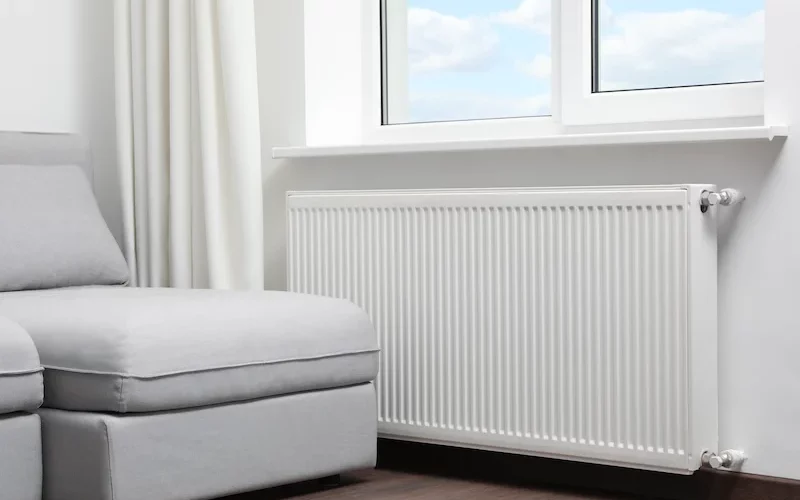Choosing the optimal heat source for your home involves balancing efficiency, cost, environmental impact, and suitability to your local climate. Here’s a comprehensive overview of the most effective heating systems available today:
🔥 Top Home Heating Systems in 2025
1. Geothermal Heat Pumps (Ground Source)
-
Efficiency: Delivers 3–6 units of heat per unit of electricity consumed (300%–600% efficiency).
-
Pros: Highly efficient, long lifespan (25–50 years), minimal greenhouse gas emissions.
-
Cons: High installation costs due to the need for underground piping.
-
Best for: Homeowners planning long-term residence and seeking sustainability.
2. Air-Source Heat Pumps
-
Efficiency: Provides 3–4 units of heat per unit of electricity (300%–400% efficiency).
-
Pros: Lower upfront costs than geothermal systems, dual functionality (heating and cooling).
-
Cons: Reduced efficiency in sub-freezing temperatures.
-
Best for: Mild to moderate climates; can be paired with solar panels for enhanced efficiency.
3. Radiant Floor Heating
-
Efficiency: Reduces energy consumption by 10%–30% compared to forced-air systems.
-
Pros: Even heat distribution, silent operation, improved air quality.
-
Cons: High installation costs, especially in existing homes.
-
Best for: New constructions or major renovations.
4. High-Efficiency Gas Furnaces
-
Efficiency: Annual Fuel Utilization Efficiency (AFUE) ratings of 90%–98%.
-
Pros: Reliable performance, lower installation costs.
-
Cons: Dependence on fossil fuels, higher operating costs compared to heat pumps.
-
Best for: Regions with existing natural gas infrastructure.
5. Wood and Pellet Stoves
-
Efficiency: Modern units achieve 65%–80% efficiency.
-
Pros: Utilizes renewable resources, suitable for off-grid living.
-
Cons: Requires manual fuel loading and regular maintenance.
-
Best for: Rural areas with abundant wood resources.
🏆 Best Overall: Air-to-Water Heat Pump with Solar Panels
Combining an air-to-water heat pump with photovoltaic (solar) panels has emerged as a leading solution, offering both high efficiency and cost savings. This system has been found to be 17% more eco-efficient and 6% cheaper than traditional gas boilers. By utilizing solar energy to power the heat pump, homeowners can significantly reduce electricity costs and carbon emissions.
🧭 Choosing the Right System for Your Home
| Climate | Recommended System |
|---|---|
| Mild to Moderate | Air-Source Heat Pump (with optional solar panels) |
| Cold | Geothermal Heat Pump or High-Efficiency Gas Furnace |
| Off-Grid | Wood or Pellet Stove |
| New Construction | Radiant Floor Heating |
In Nuremberg, Bavaria, with its variable climate, an air-source heat pump paired with solar panels offers a balanced solution, providing both heating and cooling capabilities while enhancing energy efficiency. For those undertaking new construction or significant renovations, integrating radiant floor heating can further improve comfort and efficiency.
💡 Final Thoughts
The optimal heating system for your home depends on various factors, including climate, budget, and personal preferences. While geothermal systems offer unparalleled efficiency, their high installation costs may not be feasible for all. Air-source heat pumps, especially when combined with solar panels, provide a versatile and cost-effective alternative suitable for many households. Evaluating your specific needs and consulting with a local HVAC professional can help determine the best solution for your home





